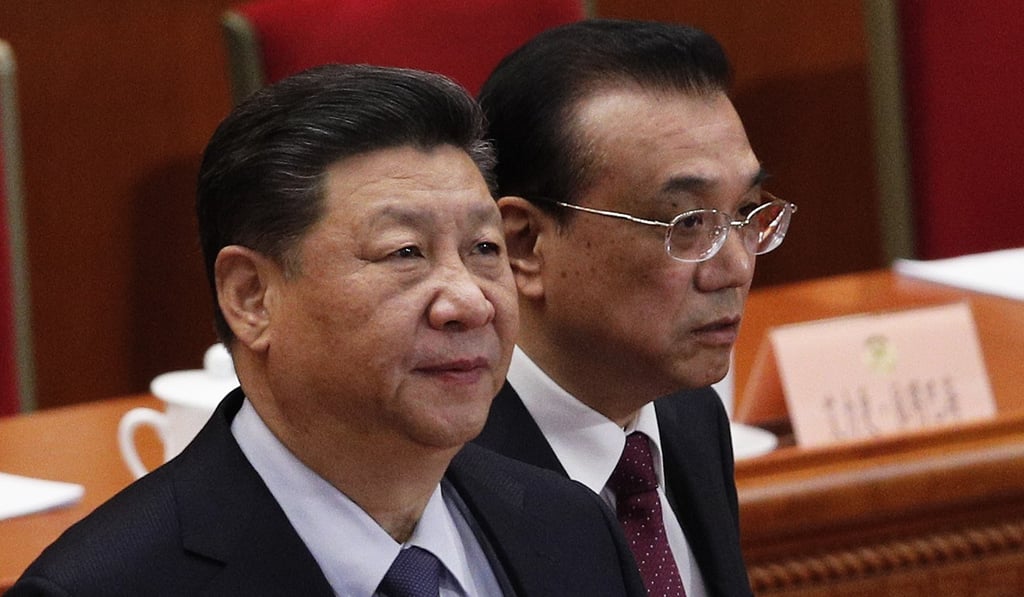Sino File | As China chases economic growth, pollution and poverty will take a back seat
- It’s bad news for those blue skies: in a year of sensitive political anniversaries, stability obsessed Beijing is likely to prioritise economic growth over its ‘three critical battles’ against financial risks, pollution and poverty

If last year’s annual parliamentary session was a powerful demonstration of political force by the pre-eminent Chinese president, this year’s gathering was a pitiful show for China’s powerless premier.
This year, the session hit a somewhat more pessimistic note, mainly due to Li Keqiang’s state-of-the-union style policy address in which he presented the Chinese economy as being in distress.
In his speech, Li stressed that “graver”, “unpredictable” and “more complex” risks lay ahead and warned his countrymen to be “prepared to fight tough battles” to achieve the “six stabilities” Beijing has identified as its goals for the economy – stability in employment, finance, foreign trade, foreign investment, domestic investment, and market expectations.
Tellingly, the outlook for economic growth looks more gloomy now than it has in decades. The 6.6 per cent rate of growth in gross domestic product last year was the lowest increase since 1990 as the downward trend picked up pace quarter by quarter. In the first quarter the rate was 6.8 per cent, in the second it was 6.7, in the third 6.5 and in the fourth 6.4.
Coincidentally, 6.4 per cent was the lowest rate since 1992, when Beijing began publishing quarterly GDP data.

